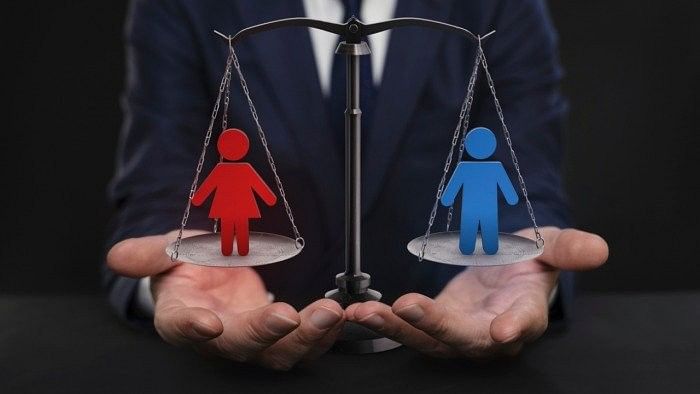
Credit: iStock
When the government was considering women reservations in all government posts, the recruitment of women as boiler inspectors became a contentious topic. Incidentally, when I had an opportunity, I expressed my opinion that women are unable to hold the position of boiler inspector as the post demands a certain level of physicality, such as crawling through pressure parts through manholes and ascending these parts to assess their condition.
Disappointed with my response, the doyens in attendance questioned me, saying, “You don’t want to cede space to women because it is dominated by men. Why can’t women become boiler inspectors when they may join the police and military, and some even become successful astronauts, pilots, and railway engine drivers?”
I had to defend my position after expressing my opinions. I explained that due to the demanding nature of boiler inspection work, the creators of the Boiler Act made it predominantly male-centric. Hence, the law does not use gender-neutral language. Although the Boilers Act, 1923, applies to all genders, it uses masculine terms such as “Chief Inspector” and pronouns such as he, him, his, and himself. While feminine terms like “Chief Inspectress” and “Inspectress” exist, they are not used.
The principal secretary, unconvinced by my reply, accused me of being a misogynist and said, “Because of people like you, despite decades of struggle for equality and rhetoric about ‘Nari Shakti,’ Indian women are unable to get the recognition and rights guaranteed to every citizen.” Since then, I’ve been perplexed as to why the creators of law used male-dominated legislative language, even though women and men enforce these laws.
For example, in the Boilers Act, the male pronoun “he” is used 21 times, “him” 10 times, “his” eight times, and “himself” 6 times, while female pronouns are not used at all. Similarly, in the Payment of Wages Act, 1936, “he” is used 18 times, “him” 16 times, “his” 24 times, and “himself” 2 times, with no use of female pronouns. This pattern is also seen in the Income Tax Act of 1961, the Minimum Wages Act of 1948, and other laws.
Legislation written with masculine terms hinders gender equality and reinforces the idea that only men are responsible for enforcing the law. This patriarchal logic emphasises differences between men and women instead of promoting equality. Therefore, efforts should be made to replace gender-specific words with gender-neutral terms.
The term “gender-neutral” means that nothing is associated with a particular gender. For example, when business is conducted by both businessmen and businesswoman, mail is distributed by both postmen and postwomen, law is enforced by both policemen and policewomen, and meetings are presided over by both chairmen and chairwomen, we can use the gender-neutral terms “business person,” “postal worker,” “police officer,” and “chairperson.” Some gender-specific words, however, are difficult to replace. For example, the term “manhole” is difficult to substitute because alternatives like “utility hole,” do not convey the same size. But the term “manhole” suggests that only men can do the work, reinforcing gender bias.
The world is moving towards gender-neutral pronouns, and India can adopt these initiatives to create a comprehensive policy that addresses gender equality, including the use of gender-neutral language. The Constitution of India, under Articles 14 to 18, provides the right to equality for all citizens.
Gender-neutral legislation is necessary because Generation Z, or post-millennials, believe in equality. It is our responsibility to use gender-neutral language and pass it on to future generations. This will usher in a new age in which people will be proud to live in a nation that respects all its residents equally, with dignity, and as human beings.
(The writer is a retired deputy director of boilers)